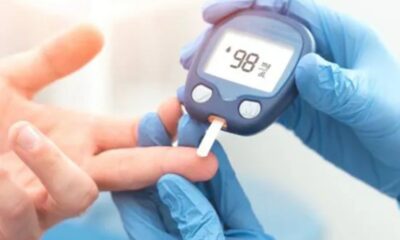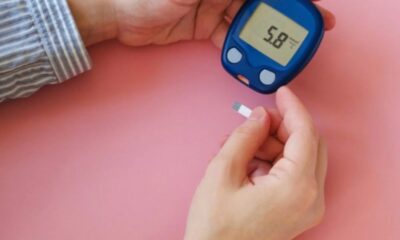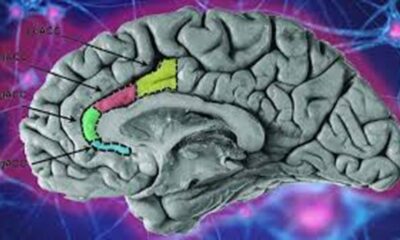The World Sleep Society organizes World Sleep Day every year with the goal of increasing public awareness of the value of sleep as well as the management and prevention of sleep disorders. The Friday preceding the spring equinox is when it is usually observed.
Both physical and mental health can be significantly impacted by getting too little sleep. Many body processes, such as the immune system, metabolism, hormone balance, and cardiovascular health, depend on getting enough sleep. An increased risk of chronic health issues like obesity, diabetes, heart disease, and stroke has been associated with inadequate sleep.
Additionally, sleep is essential for preserving the best possible emotional and cognitive health. Consolidation of memories, learning, problem-solving, making decisions, and emotional control all depend on it. Anxiety and depression are two mood disorders that can be exacerbated by prolonged sleep loss. Continue reading to learn about some indicators that you may not be getting enough sleep.
Ten Indications That You Are Not Sleeping Enough:
1. Weakness and Drowsiness During The Day
One of the most typical indicators of inadequate sleep is feeling drowsy and exhausted during the day even though you get enough sleep at night. This may show up as trouble staying awake when engaging in sedentary pursuits like watching TV or reading.
2. Having Trouble Focusing
Sleep deprivation can affect cognitive function, making it difficult to focus, concentrate, and retain information. You might struggle to remain focused and attentive, which would reduce your output.
3. Shifts In Mood
Lack of sleep has a big impact on mood, causing irritation, mood fluctuations, heightened stress sensitivity, and depressive or anxious feelings. You might notice that you get angry or emotionally triggered more easily.
4. Deficient Motor Abilities
Lack of sleep can impair motor function and coordination, raising the possibility of mishaps and injury. You can have clumsiness, delayed reaction times, and trouble with fine motor tasks.
5. Swelling and Gaining Weight
Hormone regulation is upset by sleep deprivation, which alters hunger and metabolism. Overeating, weight gain, and heightened desires for high-calorie meals are possible outcomes.
6. Reduced Immune Response
Sleep is essential for maintaining the immune system. Prolonged sleep deprivation can impair immunity, increasing your vulnerability to infections, colds, and other ailments.
7. Having Trouble Controlling Emotions
Lack of sleep can affect one’s ability to regulate emotions, which can result in increased emotional reactivity and trouble handling stress. You can find it difficult to handle problems that come up every day and you might feel more strongly emotionally.
8. Pain In The Head
Some people experience tension headaches or migraines as a result of sleep deprivation. Even with medicine, these headaches could be chronic and challenging to treat.
9. Higher Chance of Developing Long-term Medical Issues
A higher chance of acquiring long-term health issues like depression, diabetes, cardiovascular disease, and hypertension has been associated with persistent sleep deprivation. The long-term effects of these illnesses may be felt on general health and wellbeing.
10. Unhealthy Skin
Lack of sleep can have an impact on the condition of the skin, causing dullness, dryness, breakouts, and early aging. Your skin may appear less radiant, with puffiness and dark bags under your eyes.
Taking care of the symptoms of sleep deprivation and making good sleep habits a priority will help you become healthier overall and live a longer, higher-quality life.

 Diabetology2 weeks ago
Diabetology2 weeks ago
 Diabetology7 days ago
Diabetology7 days ago
 Diabetology7 days ago
Diabetology7 days ago
 Diabetology4 days ago
Diabetology4 days ago
 Diabetology15 hours ago
Diabetology15 hours ago















